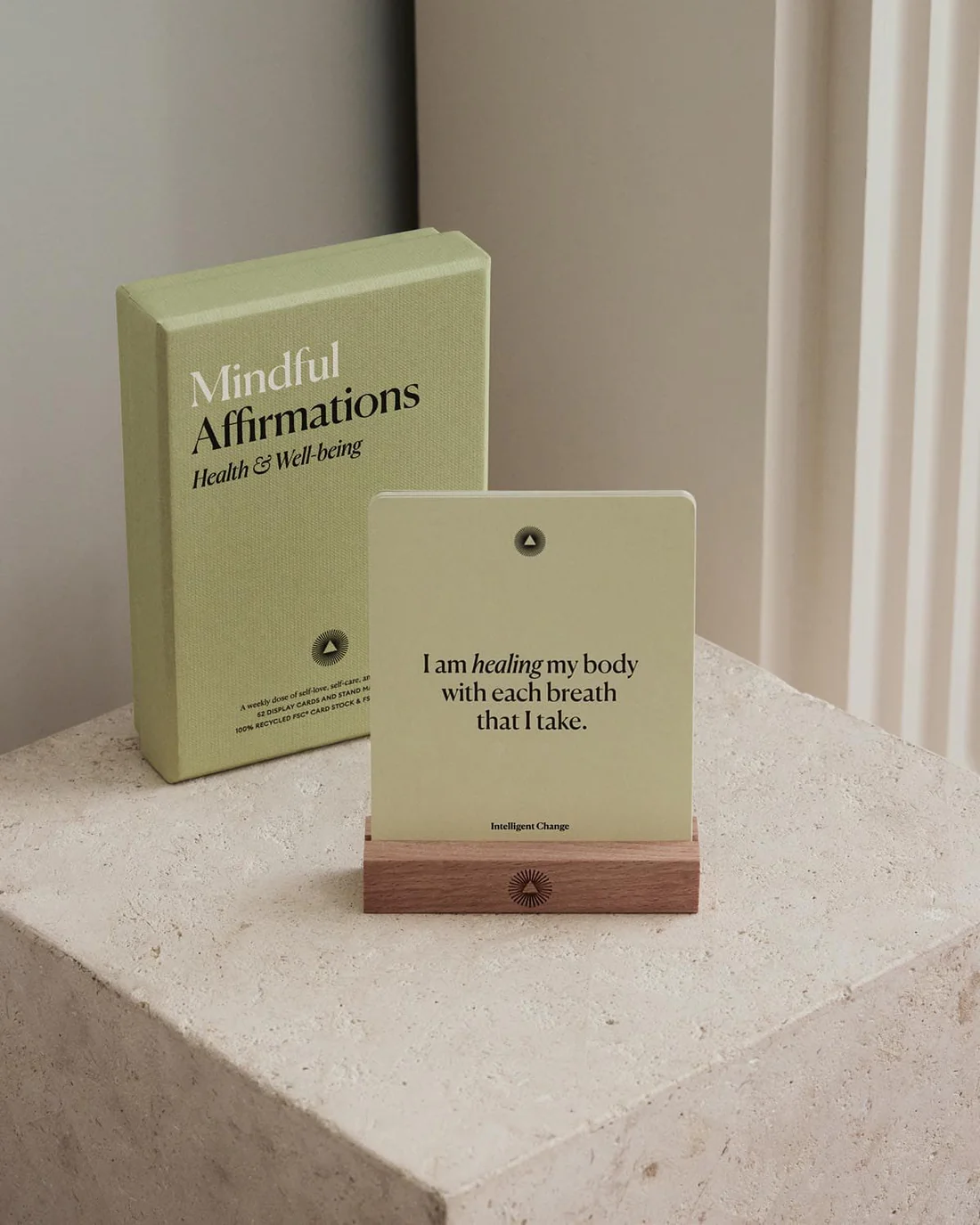Surprising Facts On How Self-love Heals Inner Wounds
In today’s wellness-driven culture, self-love is often portrayed through curated snapshots of face masks, bubble baths, and daily affirmations. While these rituals can offer temporary comfort and moments of joy, they only scratch the surface of what it truly means to love oneself.
Authentic self-love is not a fleeting indulgence—it is a transformative process that requires courage, introspection, and healing. It asks us to look inward, confront our emotional wounds, and cultivate a relationship with ourselves that is rooted in compassion, acceptance, and resilience.
In this article, we’ll explore the profound distinction between self-care and self-love, the hidden barriers that prevent us from embracing our worth, and the practical and therapeutic steps we can take to reconnect with our most authentic selves.
No. 1
The Difference Between Self-Care and Self-Love
Self-care is essential, but it is not the same as self-love. Self-care tends to be reactive—it meets our immediate needs. We rest when we’re exhausted, eat when we’re hungry, and seek comfort when we’re overwhelmed. These actions are necessary and helpful, but they often provide only temporary relief.
Self-love, on the other hand, is proactive and transformative. It’s not just about managing symptoms—it’s about addressing root causes.
Instead of only treating anxiety, self-love invites us to explore what’s fueling it.
Instead of navigating difficult relationships on autopilot, self-love encourages us to examine the patterns that keep us stuck.
Self-love is about creating lasting change in the way we relate to ourselves and the world around us. It’s a commitment to healing, growth, and authenticity.
No. 2
The Hidden Barriers to Self-Love
Many people struggle with self-love not because they lack willpower or desire, but because unresolved trauma and emotional wounds create internal resistance. These barriers often manifest in subtle but powerful ways:
The Inner Critic: That persistent voice that whispers you’re not good enough, smart enough, or lovable.
People-Pleasing Patterns: Prioritizing others’ needs while neglecting your own.
Fear of Vulnerability: Avoiding deep connection because it feels too risky.
Perfectionism: Setting unattainable standards that ensure disappointment.
Emotional Numbness: Disconnecting from feelings to avoid pain, which also blocks joy and intimacy.
These patterns are often rooted in early life experiences where expressing needs led to rejection, or mistakes were met with harsh criticism. Over time, these experiences shape our beliefs about worthiness and influence how we treat ourselves.
No. 3
Why Professional Support Makes a Difference
While self-help books and online resources can offer valuable insights, working with a qualified therapist provides something uniquely powerful: a safe, nonjudgmental space and a trained perspective to help you navigate complex emotions.
Lisa Pereversoff, a registered clinical counsellor at Lokahi Wellness Collective, emphasizes the importance of this process:
“Self-love isn’t something you can will into existence. It emerges naturally when we create safety in our inner world and heal the wounds that convince us we’re unworthy of love.”
Modern therapeutic approaches go beyond talk therapy. They integrate mind-body awareness, helping clients recognize how trauma and stress are stored in the nervous system. When both emotional and physiological aspects are addressed, healing becomes more complete and sustainable.
Intelligent Change
Join over 2 Million people starting every day happier with products that elevate daily life
GET 10% OFF YOUR ORDER
Use code: CRISTINAA10
No. 4
The Journey from Surviving to Thriving
For individuals who have experienced trauma, the first step toward self-love isn’t necessarily learning to love themselves—it’s learning to feel safe in their own bodies and minds. This is where trauma-informed therapy becomes essential.
Trauma doesn’t always look like what we see in movies.
It can include:
Chronic emotional neglect or childhood stress
Bullying or social exclusion
Medical trauma or accidents
Betrayals in relationships
Workplace harassment or discrimination
Exposure to violence or natural disasters
Trauma conditions the nervous system to remain in a state of hypervigilance. When we’re constantly scanning for threats, it becomes nearly impossible to access the calm, compassionate presence required for genuine self-love.
Through trauma-informed therapy, clients learn to:
Regulate their nervous system and return to a state of calm
Establish and maintain healthy boundaries
Process difficult emotions without becoming overwhelmed
Recognize their inherent worth, independent of external validation
Connect with others from a place of wholeness, not need
No. 5
Practical Steps Toward Authentic Self-Love
While therapy lays the groundwork, daily practices can reinforce and deepen your self-love journey.
Practice Curious Self-Observation
Instead of judging your thoughts or emotions, meet them with curiosity. When your inner critic speaks up, ask:
“What is this part of me trying to protect me from?”
This gentle inquiry fosters understanding and reduces self-attack.
Honor Your Emotional Rhythms
Self-love means honoring your natural cycles of energy, creativity, and rest. Rather than forcing constant productivity or positivity, allow yourself to ebb and flow.
Set Boundaries with Compassion
Saying no is not selfish—it’s self-respect in action. Begin by declining commitments that drain your energy or conflict with your values.
Speak to Yourself Like a Trusted Friend
Notice the tone of your inner dialogue. Would you speak to someone you love the way you speak to yourself? Practice offering yourself the same kindness and encouragement.
Seek Connection, Not Perfection
There’s no such thing as perfect self-love. The goal isn’t to eliminate all self-doubt, but to build a compassionate relationship with every part of yourself—even the parts you wish were different.
No. 6
The Ripple Effect of Self-Love
Healing your relationship with yourself naturally transforms your relationships with others. You become less reactive, more present, and more capable of offering authentic support.
You stop trying to fill internal voids with external validation, which leads to healthier, more fulfilling connections.
Self-love also unlocks your creative and emotional energy. When you’re no longer battling your inner critic or managing unhealed wounds, you can redirect that energy toward purpose, joy, and meaningful contribution.
TAKEAWAYS
True self-love is not a destination you arrive at once and for all—it’s a daily practice, a conscious choice to return to yourself with compassion, even when old patterns try to pull you back.
If you find yourself stuck in cycles of self-criticism, people-pleasing, or emotional disconnection, know that you’re not alone—and you’re not broken. Seeking support from a skilled therapist is not a sign of weakness; it’s one of the most courageous and loving choices you can make.
You don’t need to earn your worth through achievements, appearance, or approval. Your value is inherent. Self-love is the process of remembering that truth and living from it—one breath, one choice, one moment at a time.
The path to authentic self-love may not always be easy, but it is always worth it. Every step you take toward healing creates more space for joy, connection, and the full expression of who you are meant to be. And that, ultimately, is the greatest gift you can offer both yourself and the world.
Looking for Wellness resources?
Are you looking to enhance your wellness routine? Explore our wellness partners who offer a wide range of resources to support your journey toward holistic living and well-being.































